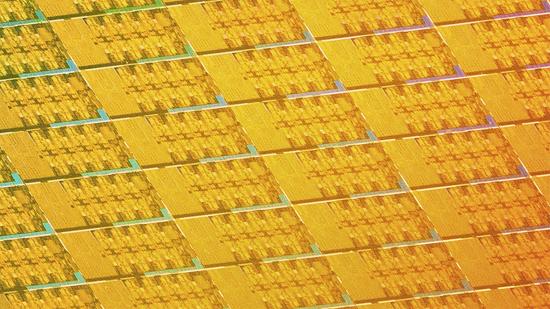Intel CPU shortages may still be ongoing and could stick around until the beginning of 2020, says Taiwanese ODM Compal Electronics. Late last year Intel made the headlines due to a reported shortage of 14nm production, suspected to be intrinsically tied to the delayed shift to the 10nm process node, and recent reports suggest it may still be struggling to meet demand.
Reports of Intel’s manufacturing woes seem to have subsided now that we’re entering the second half of 2019, but that doesn’t mean everyone is feeling flush with CPUs. According to a DigiTimes report on notebook shipments, a Taiwanese ODM is still feeling the effects of the CPU shortage, which it suspects will last until Q1 2020.
The report also states that notebook shipments are facing a drought in part due to the US-China trade war, and that’s despite 10% tariffs on imports of notebook, smartphones, PC monitors, and consoles into the US being delayed until December. It seems many ODMs are still considering moving some production out of China regardless of the temporary reprieve in order to safeguard their business.
It’s all getting a little tricky in the electronics world, and further reports from DigiTimes also would have rough waters ahead for further component markets, such as memory and LCD panels, which are set to rise in cost due to Japan-Korea trade disputes. Asus has said that it expects these price hikes to only have a short-term effect on the market, however.
As for Intel’s next moves, the company is hoping to expand its manufacturing business with an influx of investment in Ireland, Israel, and Oregon – although maybe not if a local farmer has anything to say about it. The gentle shift to 10nm, starting with the recently launched mobile Ice Lake CPUs, should also help ease some of the pressures its 14nm manufacturing business may still be facing.
